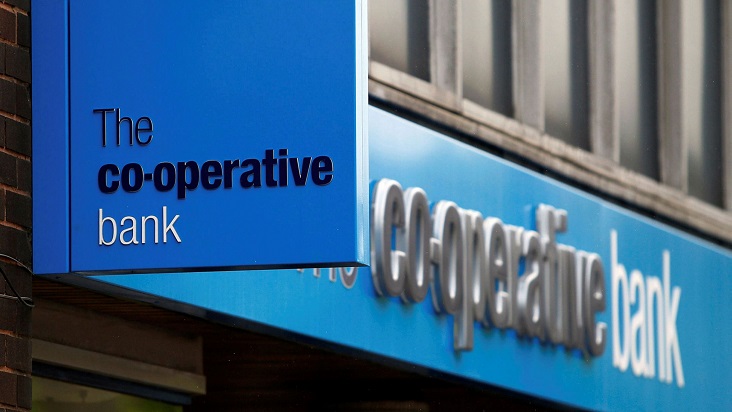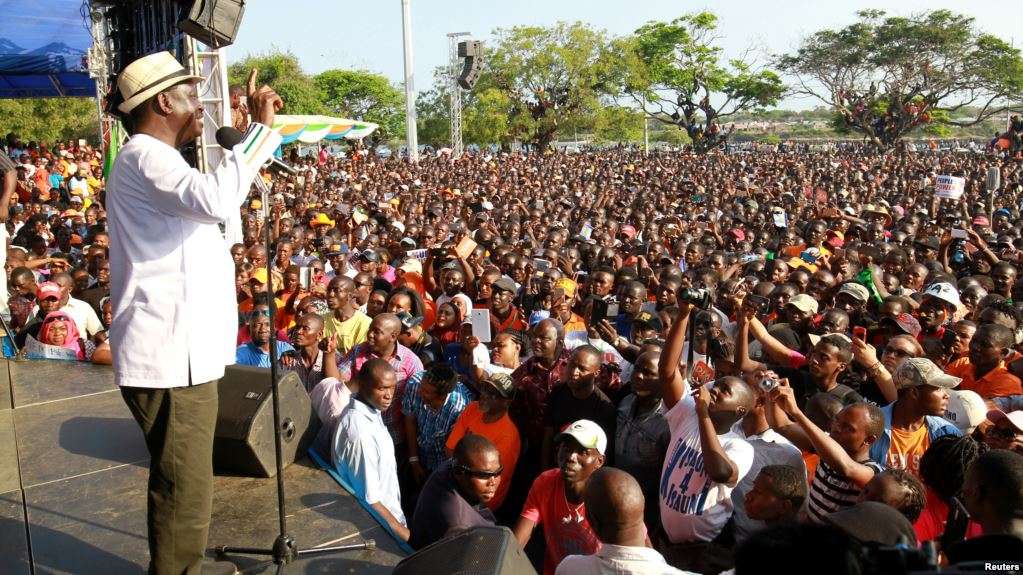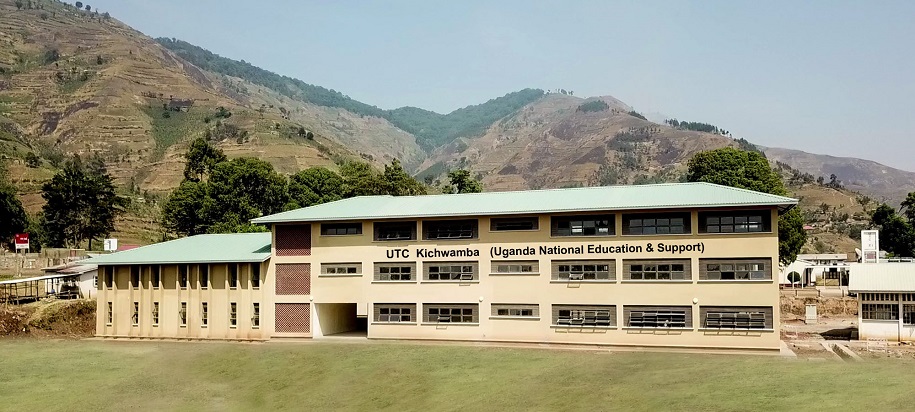President Museveni has rallied the youth to venture into commercial farming to curb poverty and create more jobs.
The President says it should be abominable for the young people in the country to be engaging in subsistence farming to date, an area he says doesn’t address poverty and unemployment.
He made the remarks on Friday while presiding over the International Youth Day celebration held at Kaunda Parade Grounds in Gulu City. The celebration was marked under the theme “Integrated Solidarity: The role of Youth in Implementation of Parish Development Model”
President Museveni says the government through the Parish Development Model (PDM) intends to upgrade the young people about 39 percent engaged in subsistence farming into the money economy.
Museveni said he had four key areas that should be taken up by Ugandans to end the concerns on unemployment and poverty. He outlined commercial farming and discouraged the youth from further engaging in subsistence farming that doesn’t address poverty and create employment.
Other areas the President outlined as crucial for ending poverty and unemployment are service provision, Industries, and Information, communication, and Technology (ICT).
The President however stressed that commercial farming should be done with “mathematics” to ensure a high return that will be profitable. He pointed out that youth should capitalize on irrigation for an all year round farming.
The UN Resident Coordinator in Uganda Suzan Namondo, however, noted that challenges of unemployment remain a great concern and called on stakeholders to invest in developing an ecosystem that can better support the youth to make their own jobs.
Namondo also noted that other challenges faced by the youth included the negative impact of covid-19 on youth that needed the government’s attention to invest in a national protection system and access to quality education.
Youth leaders however reminded the President to honor his pledges of supporting youth leaders across the country with motorcycles and heifers.
Jacob Eyeru, the Chairperson of the National Youth Council says about 210 youth leaders had not been supported with motorcycles that the President had promised to give them arguing that it was hindering mobilization.
The Northern Uganda Youth Member of Parliament Boniface Okot on the other hand reminded the president of pledges on heifers that some youth councilors missed.
The President during the celebration also launched the Regional Communications Infrastructure Program (RCIP) under the National Information Technology Authority-Uganda (NITA-U).
The program funded by the World Bank to a tune of US$ 75 Million will support the government in improving coverage for Information and Technology infrastructure in the country and delivery of public services. He said Ugandans should appreciate technological advancement to enable digital transformation in the health, agricultural, and manufacturing sectors.
He however notes that the government’s goal is to increase the application of appropriate technology in the production and service delivery process through the development and well-constructed science Technology and Innovation (STI) ecosystem.
The Executive Director of NITA-U Dr. Hatwib Mugasa says through RCIP, they were able to double the extension of fiber optic infrastructure/e-government infrastructure to 1,200 government offices in a span of two years. He says only 600 government offices had been connected by 2020.
According to Dr. Mugasa, the connection has improved efficiency in government offices since most of the government systems had been running in isolation.
Dr. Chris Baryomunsi, the Minister for ICT and National Guidance says the government has been making improvements over the years in reducing the cost of the internet arguing that it has fallen down drastically since 2013.
He cited that in 2013, the cost of internet per megabyte per second stood high at 1,200 US dollars but fell down to only 70 Us dollars currently.
Dr. Baryomunsi said with the launch of the Regional Communications Infrastructure Program, the cost of internet per megabyte per second in the country has further fallen to 35 US dollars.
Uganda is the eighth African Country to benefit from the RCIP initiative which aims to help address the region’s connectivity constraints.
-URN





